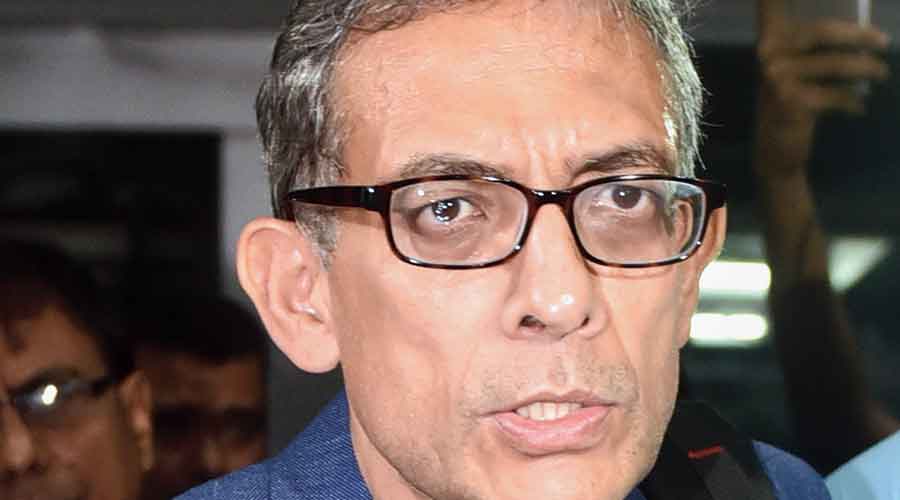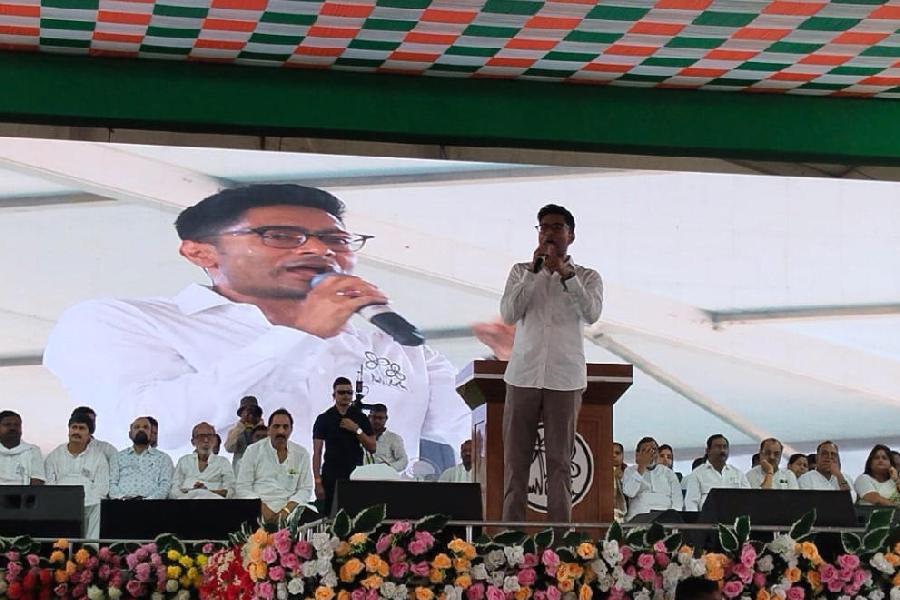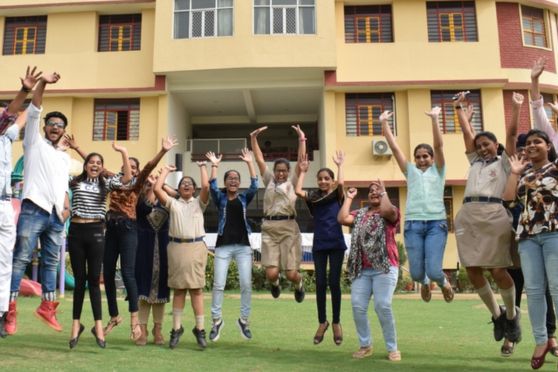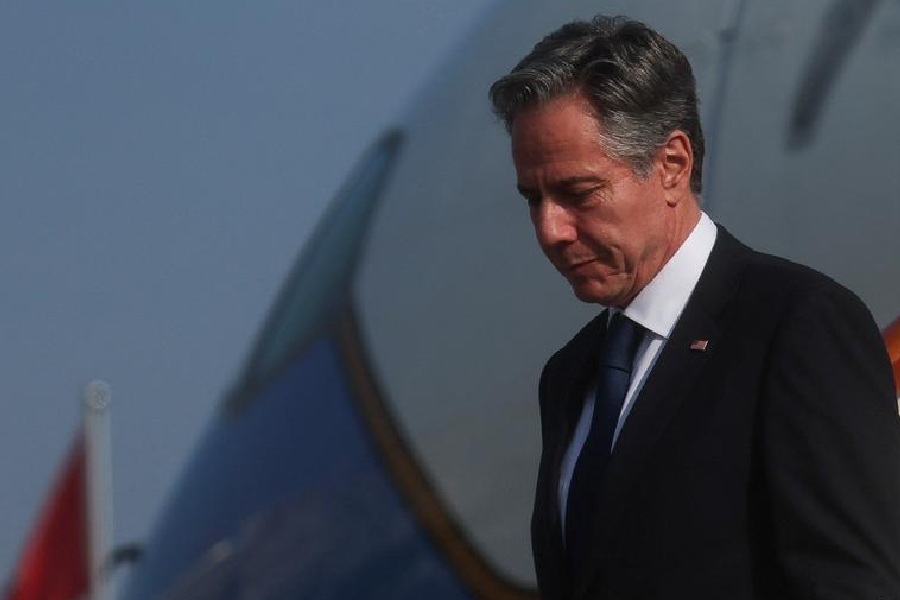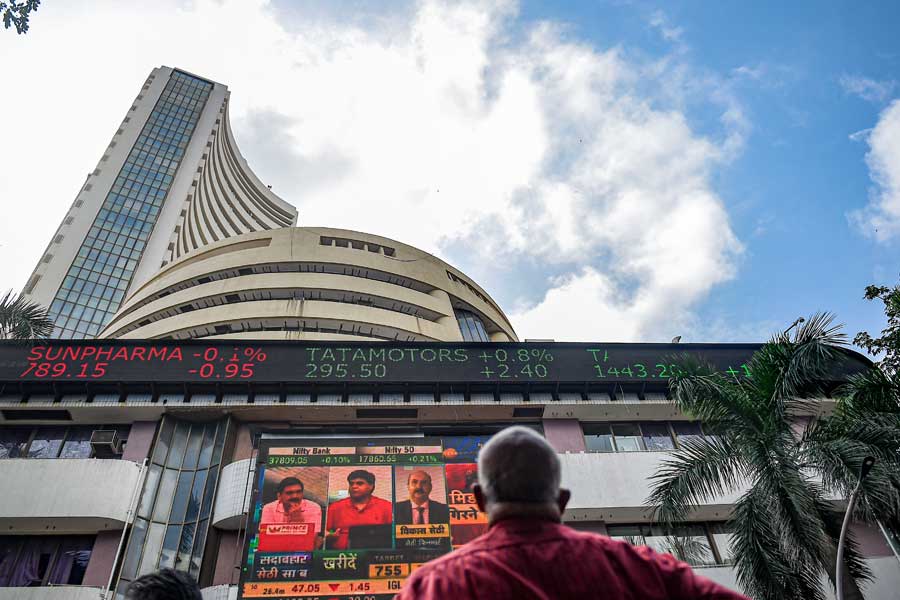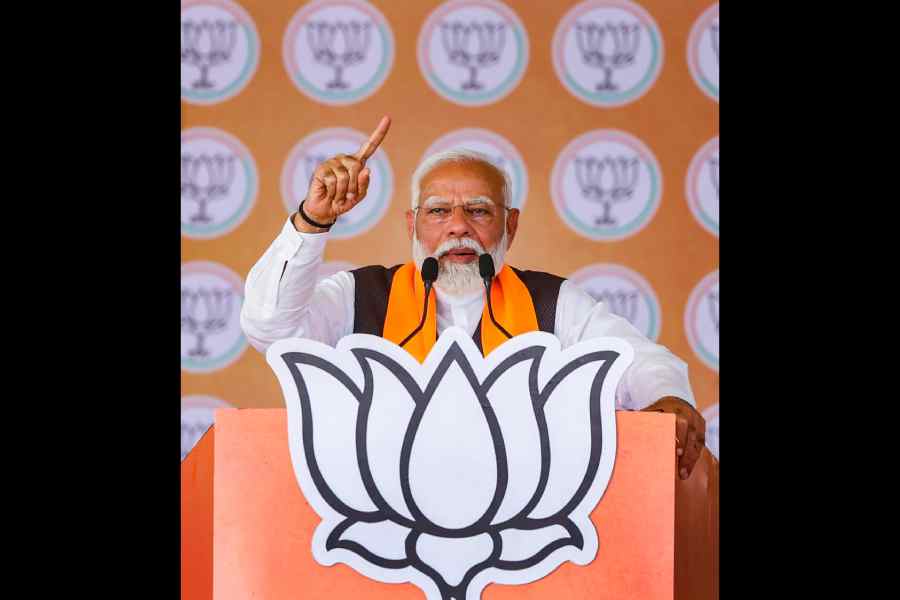Nobel laureate Abhijit Banerjee has stepped up to the firing line by arguing the government should make bigger direct cash payments under the MGNREGA scheme to help people who have slid into poverty due to the pandemic.
The government has already indicated it’s not keen on larger direct cash transfers, saying people would only park the money in bank accounts and not spend it. “I contest the view of those who say at this time that we require at this time a direct cash transfer. All that income transfer would result only in higher bank deposits and not in higher consumption spending, and that is what we don’t need,” Niti Aayog Vice-Chairman Rajiv Kumar stated earlier this week.
Banerjee, a pioneer in research in reducing poverty, pitched strongly for hiking workdays under MGNREGA (Mahatma Gandhi National Rural Employment Guarantee Scheme) to 150 days from 100 days. The MIT professor says: “The people who have gone below the poverty line were actually the people who were just above the poverty line before (the pandemic).” He added firmly in an interview to NDTV late Thursday: “It won’t take much for them to go back to normal.”

‘The people who have gone below the poverty line were actually the people who were just above the poverty line before (the pandemic). It won’t take much for them to go back to normal.’
Abhijit Banerjee (Professor, MIT)
He added: “If the sectors – hotels, manufacturing, construction – where unskilled labourers are employed are revived quickly, then the situation may improve.”
Kumar, who represents the government’s line of thinking, contradicts this. “Where is the guarantee that ‘helicopter money,’ if dropped, would result in higher consumption and will lead to a virtuous cycle of higher consumption, higher investment, higher growth? I don’t belong to that school of thought,” he told Moneycontrol.
Instead, Kumar argues the government needs to focus its efforts and cash on the vaccination programme and until that’s done it will be futile to hand out cash directly to individuals. As long as “consumers have a fear of moving out and interacting, whatever you do, will not result in higher consumption, higher aggregate demand and higher economic activity,” he says.
The Indian government has faced mounting criticism for focusing on loans to hard-hit businesses rather than direct cash handouts to vulnerable households. There are worries that the devastating second wave which engulfed poor rural areas could lead to fresh disaster for the population.

‘As long as consumers have a fear of moving out and interacting, whatever you do, will not result in higher consumption, higher aggregate demand and higher economic activity’
Rajiv Kumar (Niti Aayog Vice-Chairman)
Banerjee, though, notes that the US government, the UK, and EU governments have been borrowing massively to alleviate the effects of the pandemic through unemployment benefits and other payments, unlike poorer countries. Some 100 million more people are now living in extreme poverty than before the pandemic, he estimates.
Developing countries “contemplating lockdown are caught in a double bind between economic disaster (in India, for example, the first lockdown cost the country almost a quarter of its GDP) and overflowing morgues and mortuaries,” Banerjee and his wife Esther Duflo, who jointly won the Nobel Prize in 2019 for their work in development economics, wrote in a separate article for The Guardian.
Speaking to NDTV Banerjee added: “The European Central Bank is known to be very conservative, yet they went with doing whatever it takes. They actually printed money to distribute it.”
Banerjee is the latest to call for the government to step up its assistance to the poor. Last month, billionaire banker Uday Kotak said the time had come for the government to expand its balance sheet and print money to help “those at the bottom of the resources pyramid” and to protect jobs.

‘The European Central Bank is known to be very conservative, yet they went with doing whatever it takes. They actually printed money to distribute it.’
Abhijit Banerjee (Professor, MIT)
There are differing estimates about the impact of the lockdowns and the economic disruptions resulting from the pandemic. A study by Bangalore-based Azim Premji University reckons that the lockdown from last March “put around 100 million people out of work, with around 15 per cent unable to find jobs even by the end of the year.”
Similarly, a study in March by Washington-based Pew Research calculates that 32 million people fell out of India’s middle class last year because of the pandemic-induced economic downturn. Pew also estimated the number of poor people in India earning $2 or less daily, has gone up by 75 million because of the Covid-19 recession. Pew pointed out that the number of people who have signed up for MNREGA had risen to a 14-year high.
There are worries that the devastating second wave which engulfed rural areas could lead to fresh disaster for the poor.
Rajiv Kumar paints a rosy picture of economic growth when the country emerges from the pandemic. He says: “The strength of the economic recovery will surprise all of us. Therefore, I will still hold on to a double-digit growth estimate for FY22.” He adds confidently: “By the time the third quarter comes, people who have reduced their estimates today will be revising them upwards again.”

